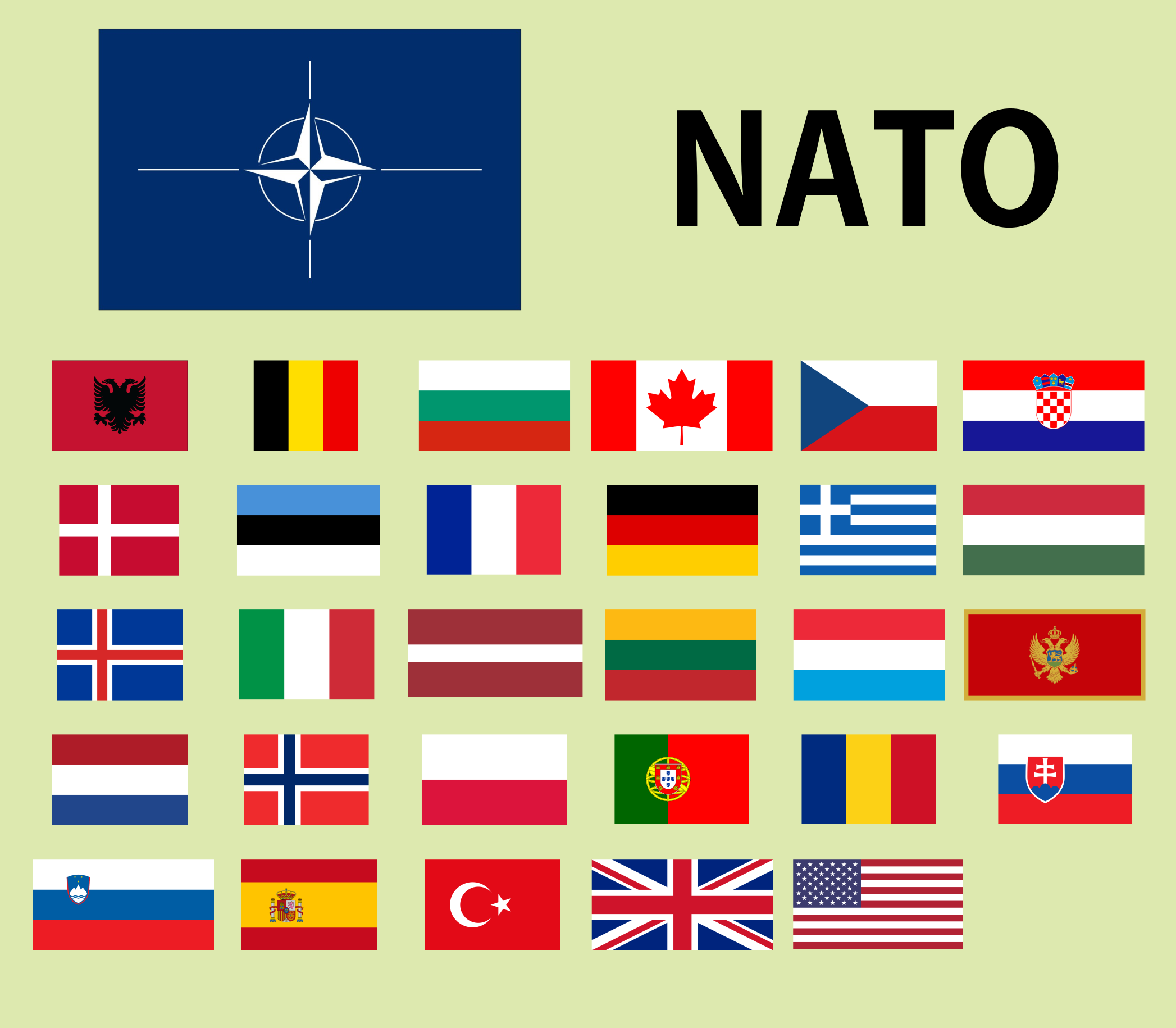The concept of collective security has long been an essential pillar in international relations. As we delve into the Bahá’í perspective, particularly on the North Atlantic Treaty Organization (NATO), it poses an intriguing juxtaposition of philosophical ideals and pragmatic necessities. Could an organization founded on mutual protection and cooperation serve as a model for the Bahá’í teachings on global unity and peace? This query invites a thoughtful examination of NATO, not merely as a military alliance but as a reflection of the emergent principles of unity, justice, and collaborative security that are paramount in Bahá’í thought.
The Bahá’í teachings advocate for a world where humanity is viewed as a cohesive whole. The principle of the oneness of humankind emphasizes that all people share a common destiny and should work towards collective upliftment. NATO encapsulates this spirit through its foundational aim: the collective defense of its member states. The essence of Article 5, which invokes collective defense, resonates with the Bahá’í call for solidarity among nations. The question then arises: how can NATO, while rooted in military and strategic maneuvers, embody the Bahá’í imperative for peace and collaboration?
To explore this conundrum, one must consider the historical context of NATO’s inception in 1949. Formed in response to the specter of communism and the devastation wrought by two world wars, NATO sought to establish a framework of collective security among its members. However, this protective mechanism also poses the challenge of perpetuating militarism and divisiveness. The Bahá’í teachings advocate for the abolition of extreme nationalism and the fostering of global understanding. Thus, NATO’s existence compels adherents to ponder whether it ultimately contributes to or hinders the advancement of universal peace.
Despite these tensions, NATO’s evolution reveals potential compatibility with Bahá’í principles. Over the decades, NATO has expanded its role beyond mere military engagement to include crisis management and cooperative security measures. Initiatives that emphasize conflict prevention, peacekeeping, and humanitarian assistance align closely with Bahá’í teachings, which stress the importance of justice and service to humanity. The development of partnerships with non-member countries, as seen in NATO’s engagement with nations in the Mediterranean and beyond, creates pathways for dialogue and mutual understanding—hallmarks of the Bahá’í ideal.
However, it is essential to address the inherent contradictions within NATO’s framework, signaling a challenge that Bahá’í followers must confront. Military alliances can generate suspicion and exacerbate tensions between states. The Bahá’í teachings underscore that true security can only be realized through disarmament and the establishment of world peace. This raises an imperative for NATO to transition from a predominantly military-oriented organization to a catalyst for diplomatic resolutions and cooperative initiatives. What would it mean for NATO to embody the spirit of consultation and consensus that is central to Bahá’í discourse?
One potential solution lies in NATO’s approach to international cooperation. By adopting strategies that prioritize dialogue and consensus-building, NATO could enhance its role as a facilitator of peace rather than a mere military apparatus. The Bahá’í teachings implore humanity to work constructively towards understanding and reconciliation. Engaging in dialogue with adversarial states, rather than restricting interactions to military posturing, would exemplify this principle. Transforming NATO into a platform for collaborative problem-solving could set a powerful precedent not only for member states but for global governance as a whole.
Furthermore, the Bahá’í commitment to the principle of equality and justice lends a new lens through which to assess NATO’s policies on defense allocation and military actions. The teachings advocate for the equitable distribution of resources, which can be echoed in the fair allocation of defense budgets among member nations. Hence, NATO could leverage its influence to promote equitable security arrangements that address disparities among its members while fostering development in regions grappling with insecurity and instability. This alignment of security and justice could serve as a cornerstone of a more harmonious international order.
Interestingly, NATO’s contributions to scientific collaboration and educational initiatives highlight an avenue that resonates with Bahá’í values. The promotion of educational programs aimed at enhancing cross-cultural understanding and mitigating conflict serves as a paradigm for potential NATO engagement that aligns more with Bahá’í aspirations. By investing in the intellectual and social development of societies, NATO can contribute to the dignity and upliftment of humanity, thereby echoing the teachings of Bahá’u’lláh regarding the importance of education in achieving global peace.
The challenge, therefore, lies in persuading NATO to transcend its historical limitations and embrace a more holistic model of security—one that champions cooperation, justice, and a collective ethic of care. The Bahá’í view offers an appealing blueprint in this respect, urging stakeholders to envision a world where security is not merely the absence of conflict but the presence of equitable partnerships and shared moral responsibility. In this reimagined role, NATO could evolve from a traditional military alliance into a multi-dimensional entity dedicated to fostering global stability in conjunction with amplifying the voices of peace and justice.
NATO’s journey thus far has been one marked by adaptation and resilience. As humanity grapples with complexities of the modern world, the teachings of the Bahá’í faith can illuminate pathways toward a collaborative framework for security that embodies the principles of unity, justice, and peace. Can NATO be reconfigured into a beacon of hope in the quest for global harmony? Only time will tell, yet the dialogue must begin with an earnest examination of the values we hold and the alliances we forge on the path to a more secure and united world.
